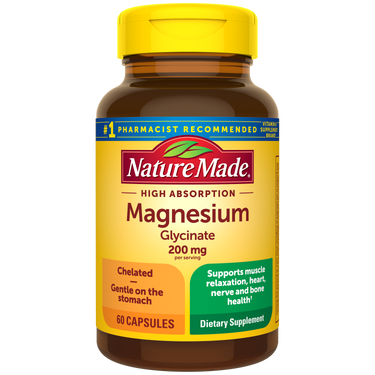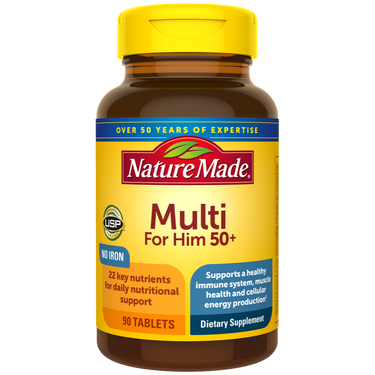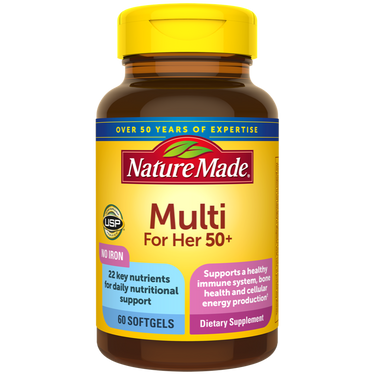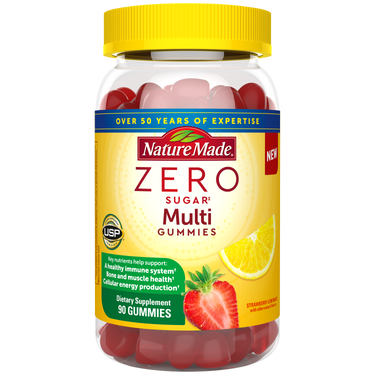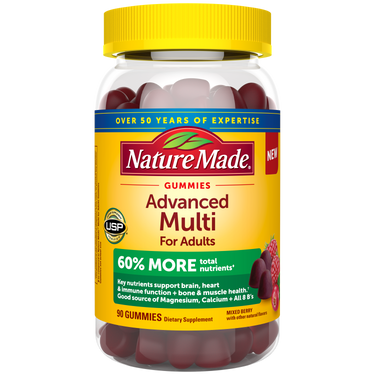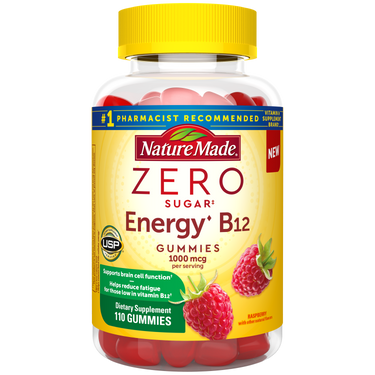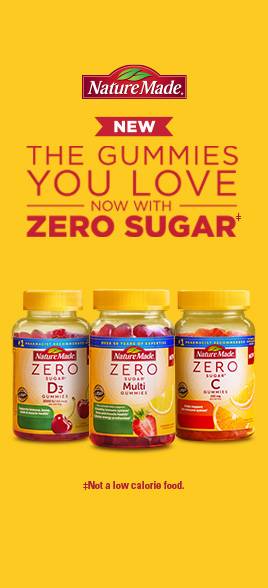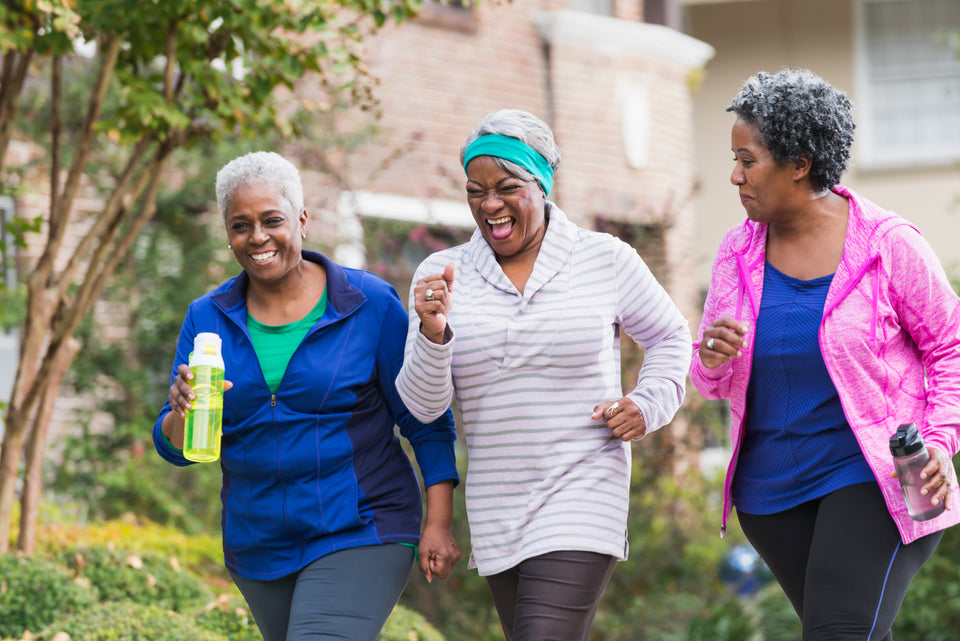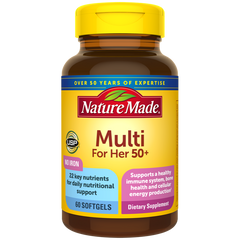-
-
Beauty
-
Bone
-
Brain
-
Digestion
-
Energy
-
Eye Health
-
General Wellness
-
Heart
-
Immune Health
-
Joints
-
Kids
-
Men's Health
-
Mood
-
Prenatal & Postnatal
-
Sleep
-
Stress
-
Women's Health

Discover which Nature Made vitamins and supplements can support your wellness goals†
Get started now.
Discover how you can get the benefits you want from the nutrients you need without the sugar normally found in gummies.†
New Zero Sugar Gummies‡ -
-

Adding a multi to your morning routine sets you up for a great day ahead.
Find Your MultivitaminsChevron Icon -

Access expert insights, research, and other helpful content related to your health.
Explore Health ResourcesChevron Icon -

Learn where our story began, and how we continue to evolve alongside our customers.
Discover Nature MadeChevron Icon

